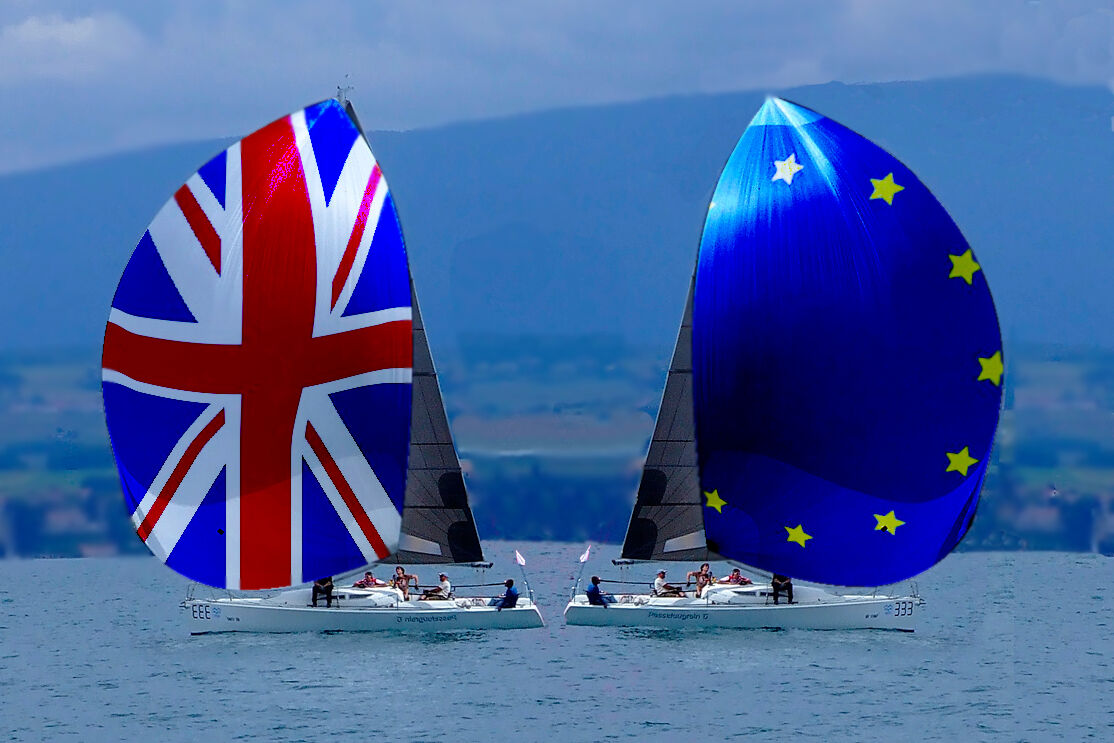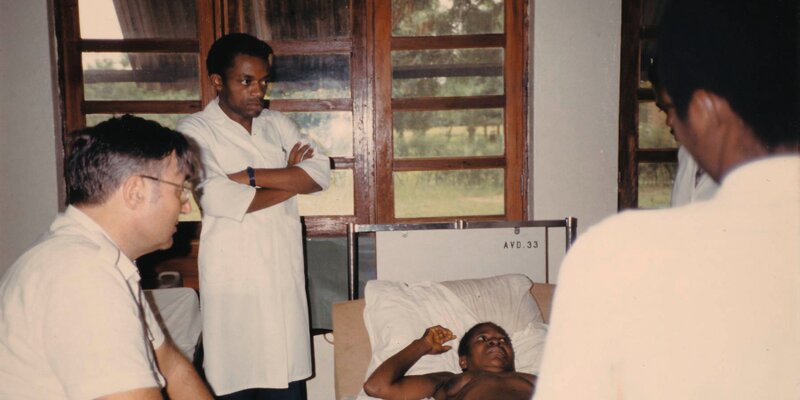About the duty to admit errors in the health sector
What can public health and medicine tell us about acknowledging a mistaken set of beliefs, an ill-chosen path or, individual or collective error – in particular, the dangers of doubling down, escalation of commitment, confirmation bias, saving face or, with courage failing, denying a disaster and walking away? Whether it’s a personal, professional or institutional, research shows that admitting error often means modifying sense of self and loss of self-esteem.
The history of global health (with its beginnings in public health) shows that acknowledging erroneous beliefs does not come easily or quickly. Its record is sometimes one of mistaken, theories and practices, often confusing correlation with cause, eventually being displaced by evidence-based interventions leading to better outcomes. For example, in Victorian London, Chadwick and his board of health refused for 30 years to accept that cholera was a waterborne disease – despite robust evidence. A century later, acceptance of Marshall’s discovery that bacterium Helicobacter pylori caused stomach ulcers (and not correlated factors such as untreated stress and lifestyle) was slow; the CDC reported that despite the available evidence in 1982, only 5% of cases in 1995 were treated with antibiotic.
As to acknowledging errors in practice, physicians and other health providers across the globe have a duty of candor, a burden eased by concepts such as taxonomy of error and safety science; efforts to establish a “no blame” culture and sense of “psychological safety” help providers acknowledge and learn from errors. These approaches help distinguish between system and individual errors. In multilateral and bilateral agencies, struggles to acknowledge and learn from mistakes (typically system errors) are well-known – the Ebola crisis and response to the Haiti earthquake being among recent examples. Leading development charities are now confronting the results of failing to acknowledge their mishandling of serious allegations in the workplace – at home and abroad.
The mantra in politics: “never apologize and never explain”
In the political realm of course, the culture works against being forthright, the mantra being “never apologize and never explain”. Perhaps it would be naïve to expect otherwise – yet when historic decisions are being made, failure to admit errors or take into account new information, wide-spread doubts, saving face seems negligent.

Brexit. Photo: threefishsleeping/flickr, CC BY-NC-ND 2.0
Wrong assumptions fueled the crisis
Yet, as it stands, Britain is headed in the opposite direction with key decisions in the hands of a beleaguered and weakened few who seem transfixed by administrative matters and vexed by a crisis of their own making – in the eyes of many, an implausible desire to return to the vanishing past. A key issue (yet not the only issue) at the heart of the crisis is the mistaken notion that uncontrolled immigration rather than globalization is the cause of the disempowerment and disenfranchisement felt by many who voted for Brexit. This notion has been promoted by Brexit politicians together with parts of the media. The crisis has been fueled by evocative images of migrants on the move, of the Calais Jungle together with what IPSO describes as “nasty” commentary. Even more striking than phrases that describe migrants as “unwanted invaders” or “swarm” are those describing parts of England “like being in a foreign land” and that harken back to pre-1973 Britain. Not surprisingly data (obtained through Freedom of Information Act) show that race and religious hate crimes soared to record highs in the 11 months following the referendum.
Inequality will increase
For many frustrated leavers living in the domain of losses, their vote was a call for fairness. Recent government figures show that over the last five years vulnerable and disadvantaged populations have borne the brunt of NHS cuts; they have also seen rising infant mortality rates and worsening health outcomes. Yet it is this group that will be hit hardest by Brexit - further increasing their inequalities. Among those who led Brexit there is the disquieting notion that “some measure of inequality is essential for the spirit of envy …that is like greed, a valuable spur for economic activity”.
The cluster of revelations related to the Windrush generation, the creation of a “hostile environment”, the “go home van” and deportation targets of illegals ought to be seen as an agenda nested within a larger agenda – that is Brexit. And as with Brexit, political response to the Windrush scandal began (November 28, 2017) with failure to acknowledge mistakes, followed on by doubling down even as “evidence” slowly accumulated - eventually ending in an apology and a stand-down. With Brexit of course, an apology will be too little and a stand-down, too late. Historical review of the 19th century miasmaists’ refusal to consider the evidence led to a call for a new discipline - sociology of error. That it seems applicable to Brexit (and Windrush) must be source of sadness and shame. Those in the positon to do so are encouraged to provide decision-makers a “safe space” to separate out facts from beliefs, the rational from the irrational – this would represent leadership leading in the right direction.



